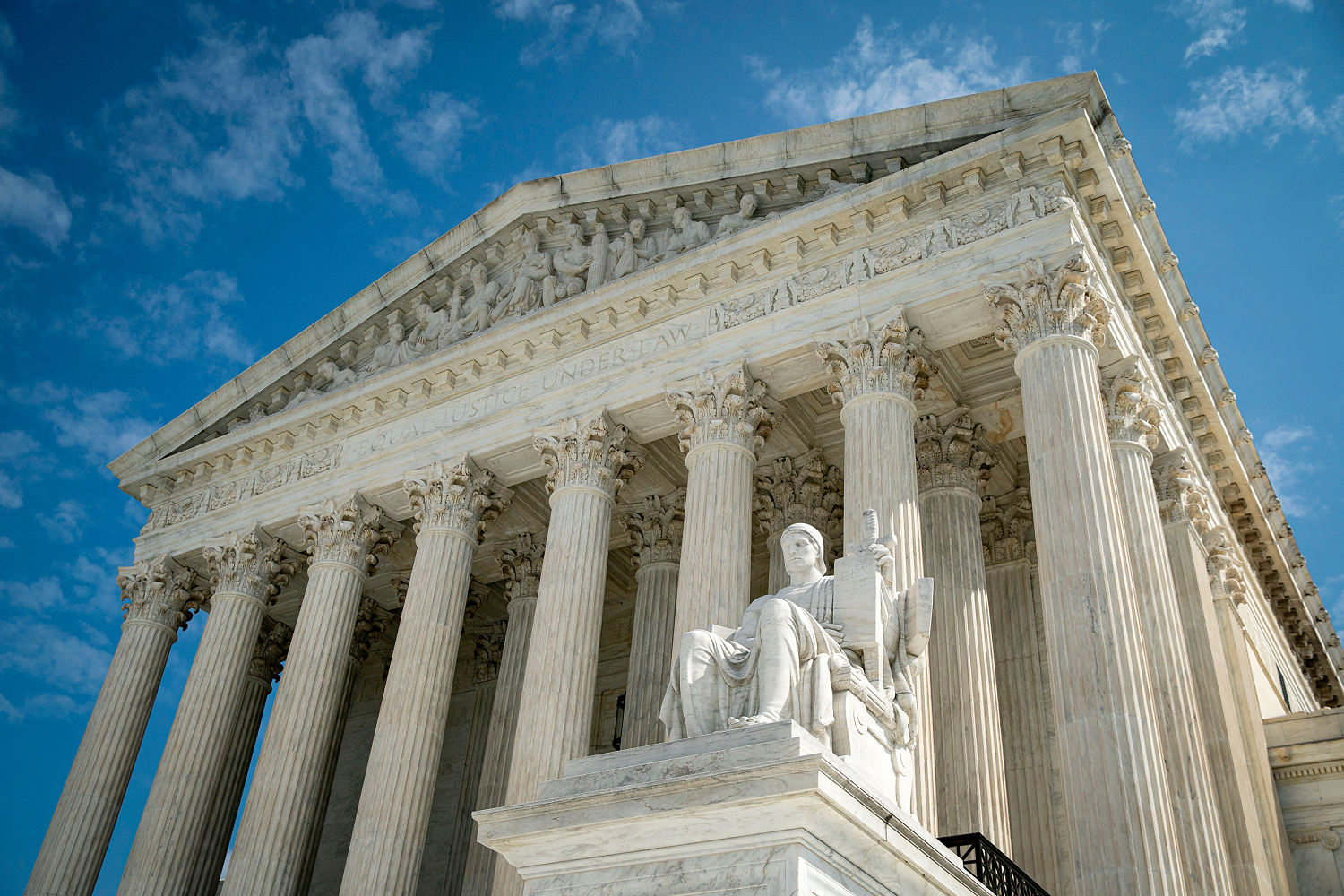
WASHINGTON — The Supreme Court on Monday turned away appeals filed by various oil companies trying to shut down a lawsuit in Hawaii that seeks to hold them accountable for climate change.
The decision means that the municipality of Honolulu can move forward with a closely watched lawsuit against companies, including Sunoco and Shell, that raises claims under Hawaii state law.
The companies argue that climate change is inherently an issue of federal law that should not be addressed by state courts. Other companies that were sued include ExxonMobil, Chevron and BP.
The Hawaii Supreme Court ruled in October 2023 that the case could move forward, focusing on allegedly deceptive marketing and public statements made by the oil companies rather than the physical impacts of climate change.
The state court concluded that the lawsuit was not displaced by federal law because it “does not seek to regulate emissions and does not seek damages for interstate emissions.”
The Biden administration had urged the Supreme Court not to take up the cases.
Business interests have been desperately trying to shut down climate change lawsuits that municipalities have been filing in state courts all over the country. In doing so, they have repeatedly turned to the Supreme Court.
In 2021, the court ruled in favor of companies on a procedural issue in a case concerning claims brought by the city of Baltimore.
But two years later, the justices turned away appeals brought by various companies trying to get the case transferred to federal court, which is generally seen as more business-friendly.
At the national level, the court’s conservative majority has hampered the ability of the Environmental Protection Agency to tackle climate change, putting new curbs on its authority in a 2022 ruling.
Also of relevance is a 2011 ruling in which the Supreme Court rejected an attempt to sue companies under federal common law. The court ruled then that the Clean Air Act, the key federal law for regulating air pollution, meant that common law claims could not be brought.
This article was published by NBC News on 2025-01-13 09:44:00
View Original Post











